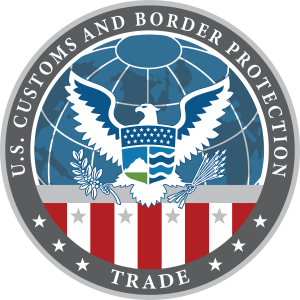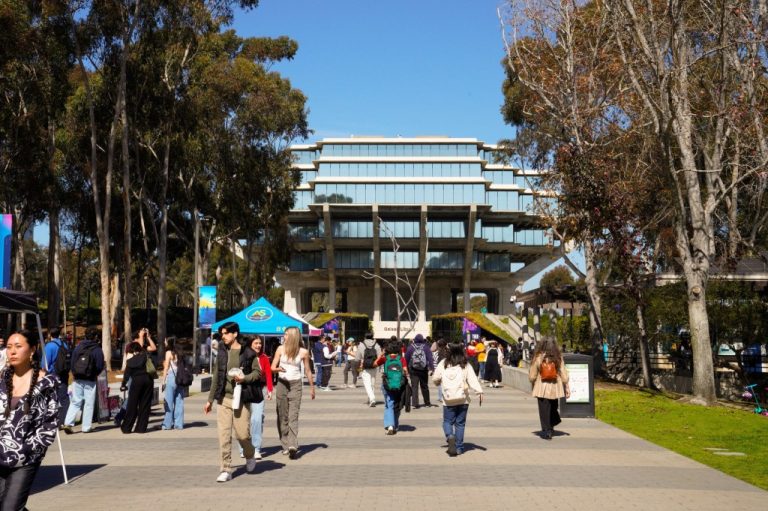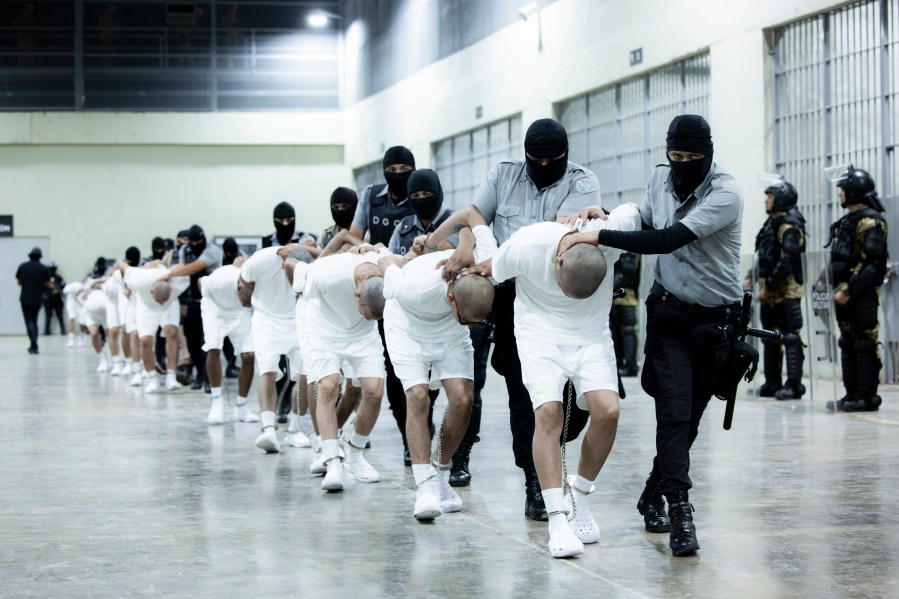
WASHINGTON — As students and educators across America gear up to return to campus, U.S. Customs and Border Protection and the U.S. Chamber of Commerce are on a mission to educate the public. The lesson? To teach students, parents, teachers, and small businesses about the risks posed by counterfeit goods and how to avoid them.
August is the peak season for school supply shopping, but it’s also an opportunity for scammers to peddle counterfeit, potentially harmful goods. In Fiscal Year 2022, CBP seized nearly 25 million counterfeit goods with an estimated manufacturer’s suggested retail price (MSRP) of nearly $3 billion. These fakes include back-to-school staples like electronics, footwear, study supplies, and clothing.
“CBP is committed to maximizing compliance with laws that protect American families from the dangers counterfeit goods pose to their health and well-being,” said Deputy Executive Assistant Commissioner for CBP’s Office of Trade, John P. Leonard. “As a father, I don’t want my kids carrying backpacks or lunchboxes with unsafe levels of lead in their zippers. That’s the type of risk we’re talking about here, and the type of risk that CBP is working to mitigate.”
Opting for a knock-off backpack or counterfeit phone charger might seem like a budget-friendly choice, but it comes with risks. Fake goods often break down or don’t meet safety standards, ultimately doubling the cost for consumers, who pay with their health and their wallet. Despite luring shoppers with promises of low prices, counterfeiters’ subpar and potentially dangerous products don’t make the grade.
“Fake goods are a real danger to American families, especially for those preparing for the new school year,” said Tom Quaadman, Executive Vice President at the U.S. Chamber of Commerce’s Global Innovation Policy Center. “Together, business and law enforcement urge everyone to protect themselves with our Five Tips to Shop Smart.”
Counterfeits drain more than $500 billion annually from the global economy, posing a serious threat to small businesses. That’s why companies and law enforcement are taking to the airwaves and online in an ongoing nationwide public education nationwide to spread the lessons on identifying, avoiding, and reporting fake goods.
On August 10, representatives from the representatives from CBP and the U.S. Chamber of Commerce will sign a renewal addendum to extend a memorandum of understanding (MOU) between the two entities. The addendum will extend the MOU for an additional five years. The MOU, which was initially announced in May 2021, established efforts between CBP and the U.S. Chamber of Commerce to share information and connect resources in efforts to combat the flow of counterfeit goods.
For more information about what you can do to shop smart for the back-to-school shopping season visit CBP’s the truth behind counterfeits webpage and www.USChamber.com/shopsmart.






